When a Legionnaires’ disease outbreak is suspected or confirmed, the Department of Health or relevant health authorities will initiate a comprehensive response to control the outbreak, prevent further cases, and protect public health. Legionnaires’ disease is a severe form of pneumonia caused by the Legionella bacteria, and outbreaks can occur when people are exposed to contaminated water sources, such as cooling towers, hot tubs, and large plumbing systems. Here’s what may happens when the Department of Health is called for a Legionnaires’ Disease outbreak:
Identification and Notification
Healthcare providers and facilities are required to report cases of Legionnaires’ Disease to the health authorities. Once a cluster of cases is identified, such as multiple individuals with similar symptoms and exposure histories, the Department of Health is alerted to the potential outbreak.
Investigation
Health authorities will conduct a thorough investigation to determine the source and extent of the outbreak. This involves collecting and analyzing clinical and epidemiological data, interviewing patients to identify common exposures, and assessing potential sources of Legionella contamination.
Environmental Sampling
Health authorities may collect samples from water sources that could be potential reservoirs of Legionella, such as cooling towers, water heaters, plumbing systems, and decorative fountains. These samples will be tested for the presence of Legionella bacteria.
Case Management
Medical professionals will continue to provide appropriate care and treatment to individuals affected by Legionnaires’ Disease. Early diagnosis and prompt treatment with antibiotics are crucial for recovery.
Control Measures
Based on the findings of the investigation and environmental sampling, health authorities will recommend or require specific control measures to eliminate the source of the Legionella contamination. These measures could include disinfection of water systems, cleaning and flushing of pipes, and shutting down or treating contaminated equipment.
Communication Health authorities will communicate with the public, healthcare providers, and affected facilities to provide information about the outbreak, its causes, and the actions being taken to address it. Clear and accurate communication is essential to prevent panic and ensure that individuals are informed about the situation.
Public Health Advisory
In some cases, health authorities may issue a public health advisory to inform the community about the outbreak and provide guidance on how to reduce the risk of exposure. This may include advising people with certain risk factors to take specific precautions.
Prevention and Education
Health authorities will work to educate the public, healthcare providers, and facility managers about Legionnaires’ Disease, its transmission, and preventive measures. This can help prevent future outbreaks and ensure a better response in case of future incidents.
Monitoring and Follow-Up
Health authorities will continue to monitor the situation, track new cases, and ensure that control measures are effective. Follow-up testing of water samples may be conducted to confirm that Legionella levels have been reduced.
Report and Analysis
After the outbreak is controlled, health authorities will compile a report detailing the outbreak investigation, response actions, and recommendations for preventing similar incidents in the future.
The Department of Health’s response to a Legionnaires’ Disease outbreak is to protect public health by identifying and eliminating the source of the bacteria and preventing further cases. Oftentimes, when a Legionnaires’ Disease outbreak occurs, it results in adverse public relations consequences and can significantly harm their reputation. The best way to avoid an outbreak is to proactively implement measures, such as a water management plan and routine testing, to reduce your risk of Legionella growth.






